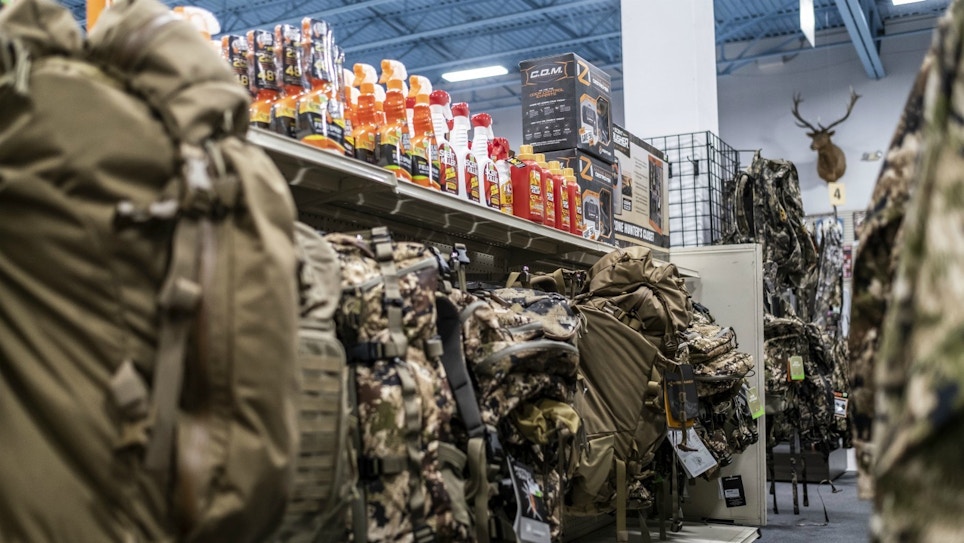Shoppers aren’t likely to come into your store for one or two low-priced, low-demand items. But that doesn’t mean you can’t increase the odds they’re going to toss those items on the checkout counter before they leave. Impulse buys won’t make up the majority of your sales, but they can definitely help your bottom line. Brick and mortar stores have the upper hand on online shopping when it comes to encouraging impulse buying, so you better capitalize on it. Here’s how.
Price it Right
Price is one of the most important factors shoppers consider when determining whether or not to make that impulse purchase. A new treestand, camo jacket or bow aren’t likely to fit the bill. Impulse items should be priced below $20 to $30, depending on the item. New, inexpensive items placed near the register or the bow shop can create enough curiosity about the item that a customer may make the purchase without having any prior knowledge of the item. A new deer lure, diaphragm call, or even something as simple as string wax or rail lube are an easy sell if the customer sees them. Those items may seem out of place if they’re not with the other scents, calls and accessories, but the customer might not even check out those sections if they’re not looking for them.
Location, Location, Location
Speaking of location, impulse items don’t need to only be on display at the register. Unfortunately, not every customer that walks through the door will make a purchase, which means they may miss out on the impulse items completely if they’re tucked in by the register. Try placing add-on items near your high-demand items that customers are coming to see. Arrow wraps placed right by the arrows, camo face paint near the apparel, locks by the TSA-approved bow cases. You get the point. Strategically placing products that complement the in-demand items can help you exploit the foot traffic those anchor items produce.
Encourage Staff to Suggest Related Items
When making larger purchases, customers can often be tempted to purchase additional accessories. If you don’t have these add-on items placed near the big-ticket pieces, they may forget. That’s why your staff needs to be ready to make suggestions. Keeping in mind the price point for impulse items, it doesn’t cost you or your employees anything to suggest relevant accessories the customer may end up purchasing elsewhere. A real conversation with a knowledgeable employee can be exactly the right nudge the customer needs to pull the trigger on that impulse purchase.
Create Urgency
Making customers feel like they might miss out on a good deal is a great way to sell more impulse items. You can do that by putting it right in their face with signage that uses language such as limited time only, this weekend only, and hot buy. Offering a deal like buy one, get one 50 percent off creates urgency that the item will sell out quickly and the customer has to get theirs now before they’re gone. Creating urgency, and value, plays on the customers’ psychological triggers that will make them open their wallets and purses.
Simplify the Checkout
As quickly as someone decides to make an impulse purchase, they can change their mind and put it back. That means a long wait at the checkout can shorten the customer’s receipt in a hurry. Keeping adequate staff on hand to work the registers (and make suggestions for add-on items) will ensure customers don’t drop that impulse buy before it gets rung up.






